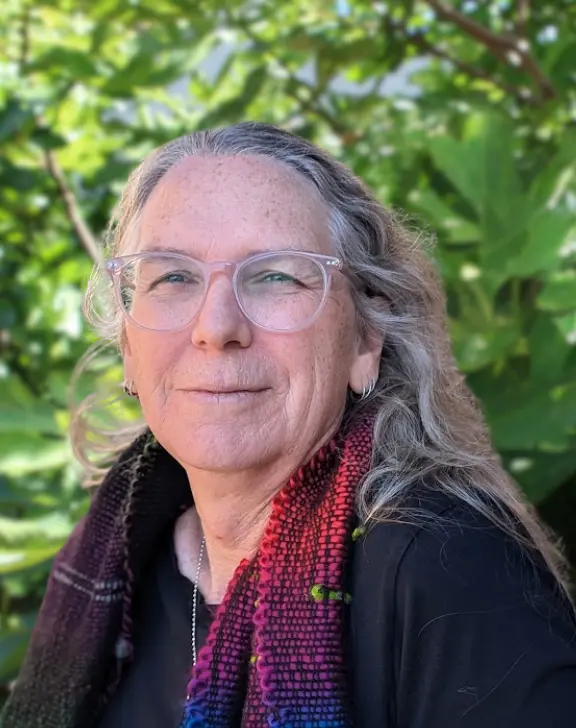In 2022 and 2023, Q Psychology ran a group-based therapy program that was adapted from the ESTEEM protocol. The ESTEEM protocol was developed at Yale University in the United States and demonstrated effectiveness in supporting the mental health of men who have sex with men (MSM). In collaboration with Deakin University, we wanted to explore whether adapting this program would be helpful to improve the mental health of MSM here in Australia.
For some brief background, the ESTEEM protocol was developed to help MSM tolerate stress, authentically express their sexuality, and challenge unhelpful thought patterns. This protocol is based on Minority Stress Theory (MST), which suggests that people who are part of a minority, such as MSM, are more likely to experience worse mental health because of negative life experiences that occur because of their minority status. For example, in Australia MSM often experience discrimination, rejection, and violence. These experiences can lead to mental health challenges like fear of rejection, social anxiety, and loneliness.
We adapted the ESTEEM protocol into a 10-week group program that consisted of weekly sessions, each about 2-hours in length, which were run by two registered psychologists. We added extra content, including on Self Compassion, Inner Child, and the Importance of Group Connectedness, while keeping all of the original ESTEEM protocol content. You can see a flowchart of our adapted model below.
To test whether our adapted ESTEEM program was helpful to improve Australian MSM’s mental health, we surveyed 15 cisgender gay men about their level of depression, anxiety, and stress before and after they participated in our program. We also interviewed these men after they participated in our program, where we asked about their experiences and what we could improve. This type of research, where surveys or questionnaires and interviews are conducted, is called ‘mixed-methods’ research.
Our results showed that our adapted ESTEEM program was helpful for participants’ mental health: depression, anxiety, and stress all decreased by the end of our 10-week program.
From our interviews, participants shared that the group therapy model was helpful because they could share and connect with other MSM who had similar life experiences. Our participants suggested that, in future, similar programs should consider group size, equal group discussion contributions, and post-therapy planning.
Our results support the idea that therapy programs that focus on supporting MSM to cope with the effects of minority stress can improve their mental health. As always, more research is needed, ideally with larger numbers of participants.
If you’re interested to know more, you can read our published, peer-reviewed research paper here (https://doi.org/10.1080/00050067.2025.2484001), or you can email us at research@qpsychology.com.au



.webp)
.webp)



%20(4)%20(1).webp)
